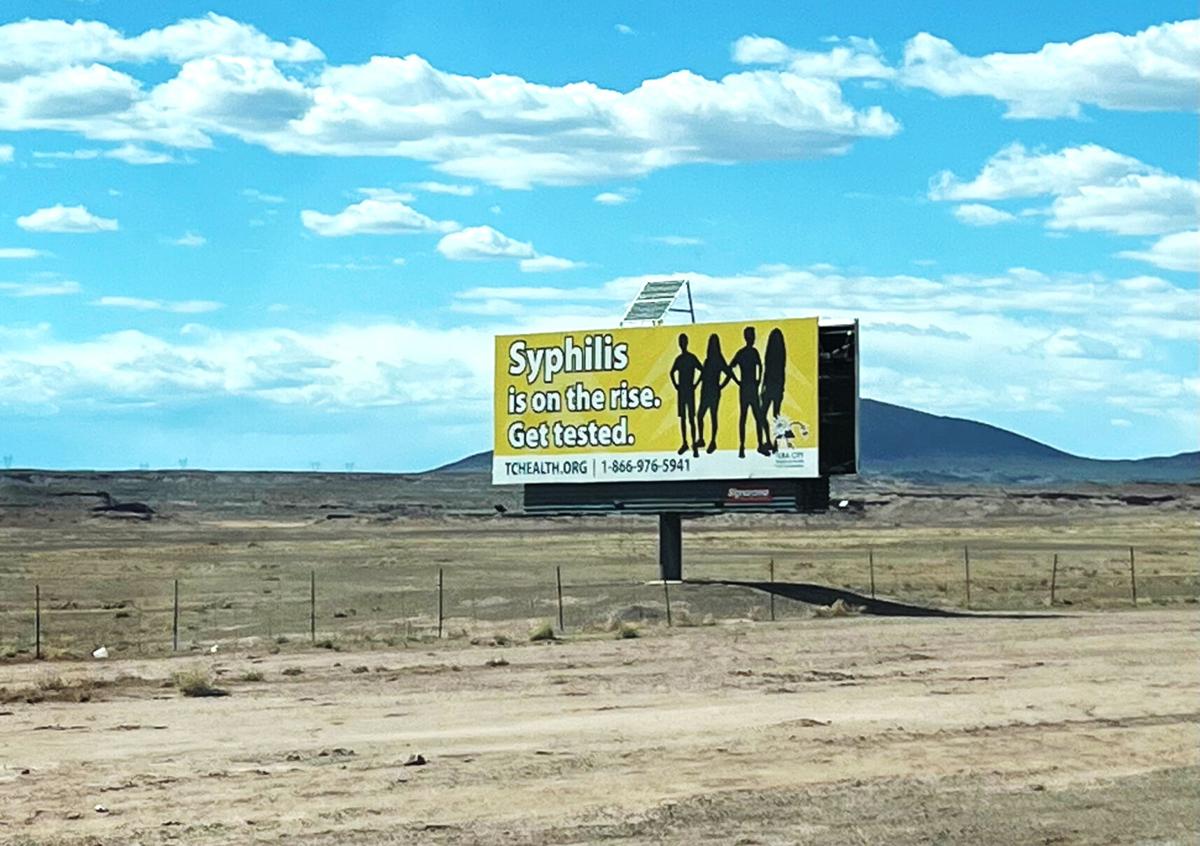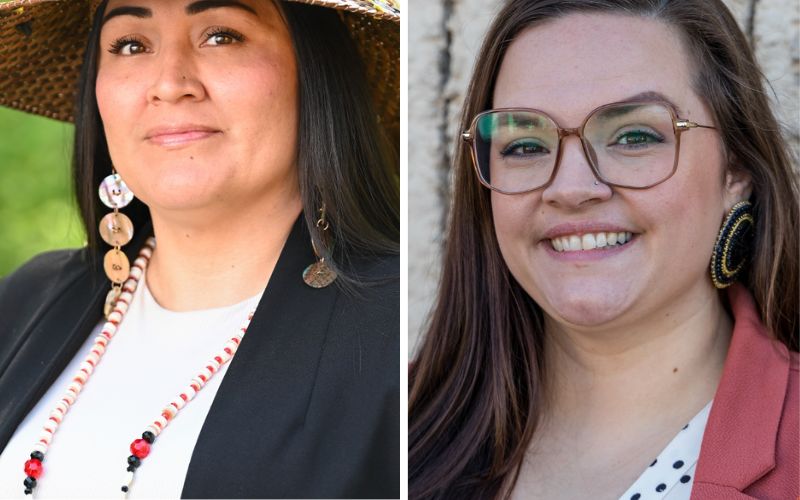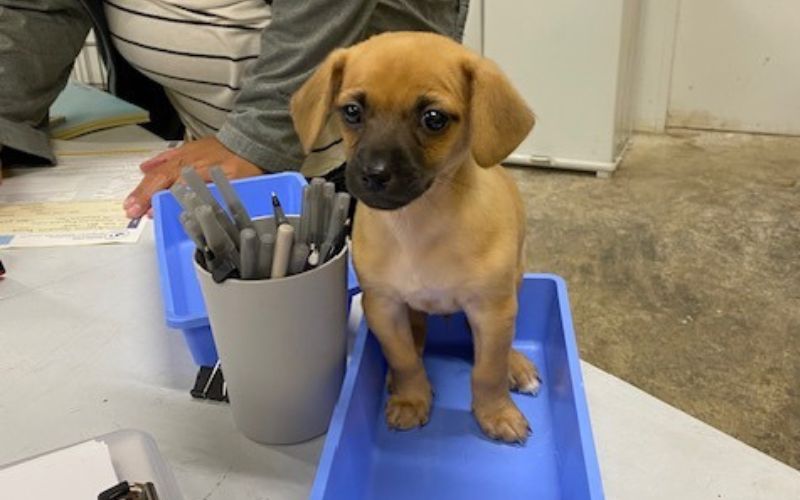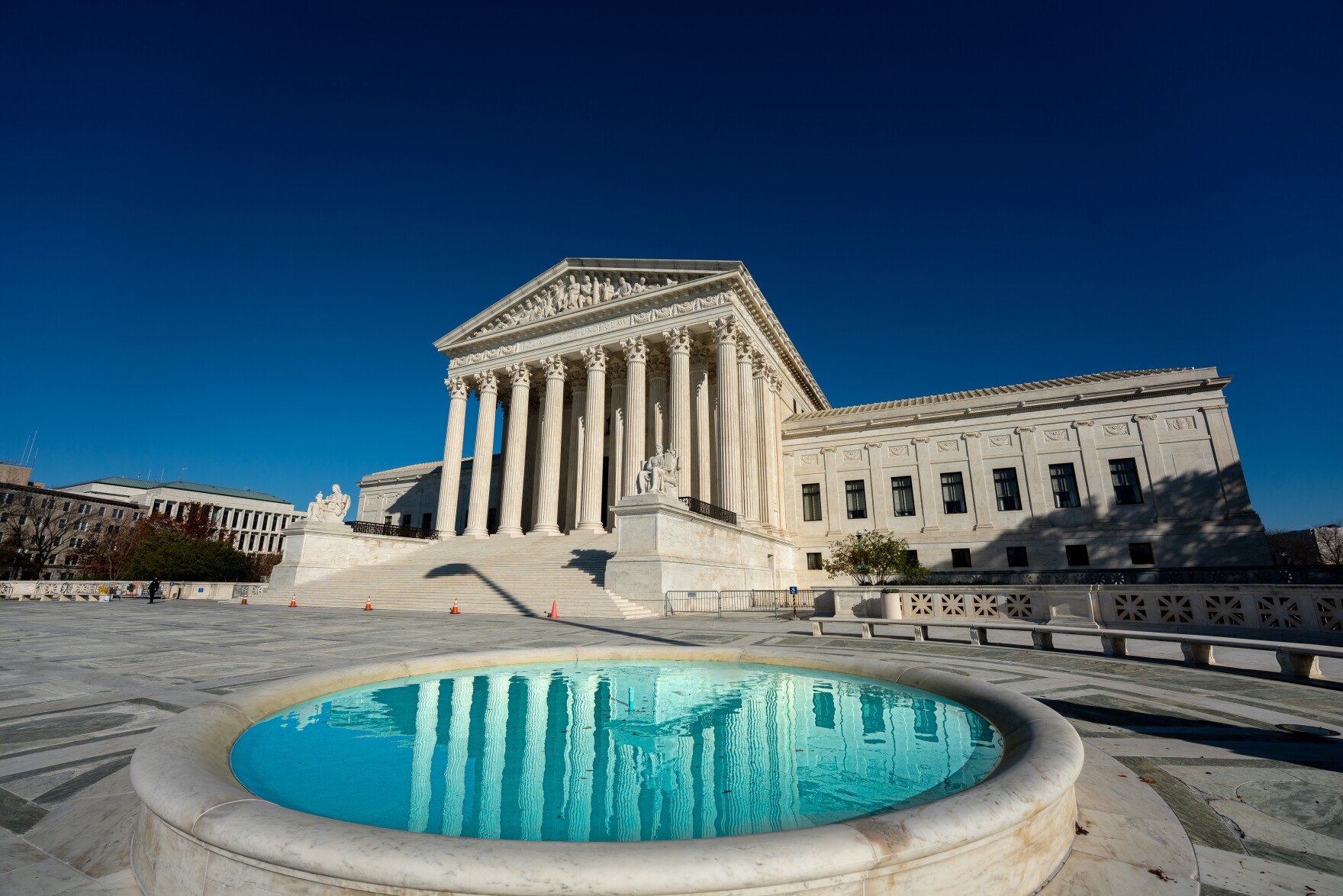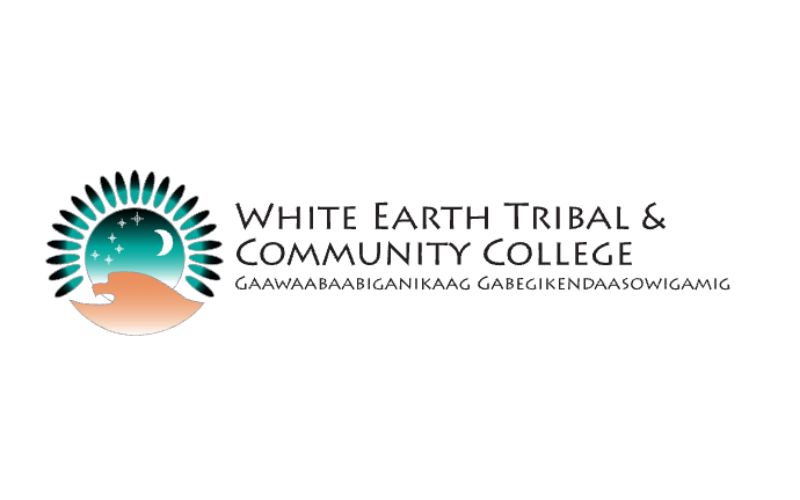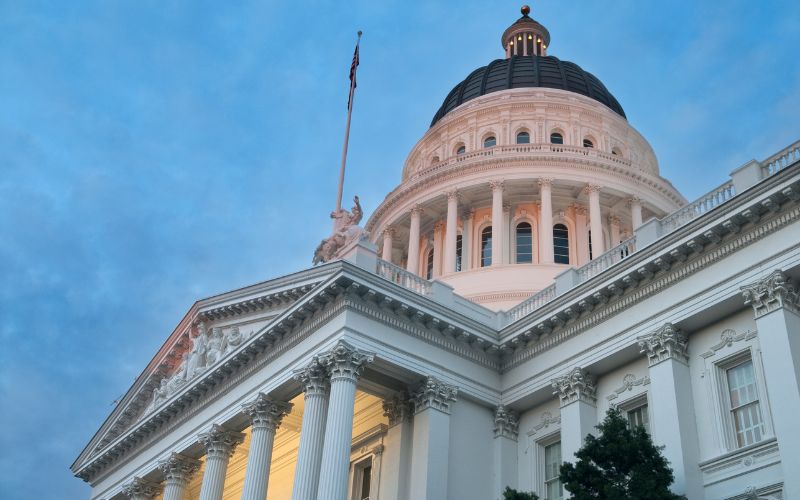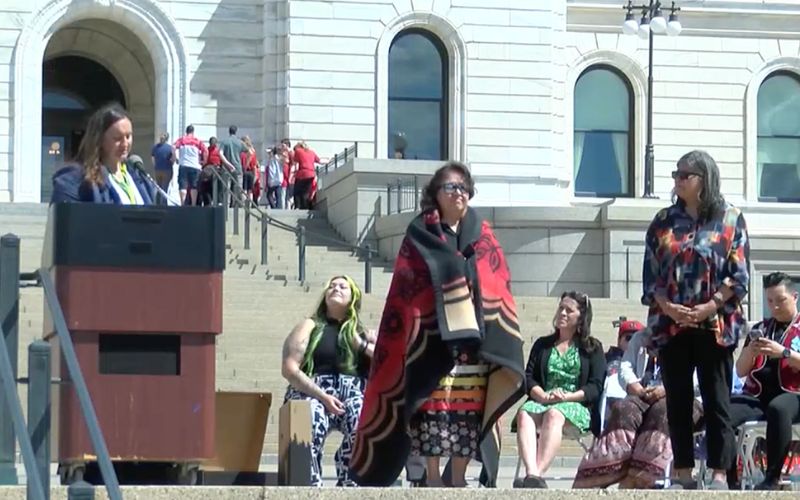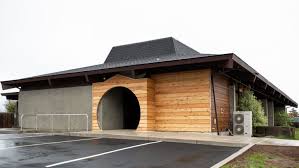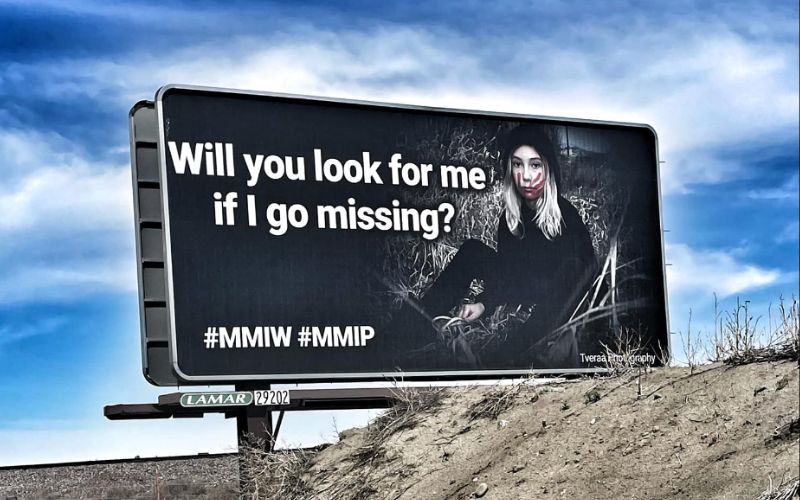Health
- Type: Default
- Ad Visibility: Show Article Ads
- Reader Survey Question: No Question
- Video Poster: https://nativenewsonline.net/images/10_Years_Logo.png
Over the past decade, syphilis rates and case numbers in the U.S. have increased across all populations. In response to this surge in syphilis cases, HHS formed the National Syphilis and Congenital Syphilis Syndemic Federal Task Force led by HHS Assistant Secretary for Health Admiral Rachel Levine.
- Details
- By Native News Online Staff
- Type: Default
- Ad Visibility: Show Article Ads
- Reader Survey Question: No Question
- Video Poster: https://nativenewsonline.net/images/10_Years_Logo.png
- Details
- By Native News Online Staff
- Type: Default
- Ad Visibility: Show Article Ads
- Reader Survey Question: No Question
- Video Poster: https://nativenewsonline.net/images/10_Years_Logo.png
On the Rocky Boy Indian Reservation in northern Montana, the Indian Health Service is trying to improve health outcomes by targeting a specific population in the community: rez dogs.
- Details
- By Elyse Wild
- Type: Default
- Ad Visibility: Show Article Ads
- Reader Survey Question: No Question
- Video Poster: https://nativenewsonline.net/images/10_Years_Logo.png
In a 5-4 decision announced today, the U.S. Supreme Court ruled in favor of Native American tribes receiving reimbursement for healthcare administration costs.
- Details
- By Levi Rickert
- Type: Default
- Ad Visibility: Show Article Ads
- Reader Survey Question: No Question
- Video Poster: https://nativenewsonline.net/images/10_Years_Logo.png
- Details
- By Native News Online Staff
- Type: Default
- Ad Visibility: Show Article Ads
- Reader Survey Question: No Question
- Video Poster: https://nativenewsonline.net/images/10_Years_Logo.png
Last week, the California Legislative Native American Caucus successfully restored Indian Health Program (IHP) Funding to the Legislative Budget Proposal.
- Details
- By Native News Online Staff
- Type: Default
- Ad Visibility: Show Article Ads
- Reader Survey Question: No Question
- Video Poster: https://nativenewsonline.net/images/10_Years_Logo.png
State health leaders and members of Minnesota’s tribal communities gathered on the steps of the Minnesota Capitol last Wednesday to celebrate the opening of a new Office of American Indian Health within the Minnesota Department of Health.
- Details
- By Native News Online Staff
- Type: Default
- Ad Visibility: Show Article Ads
- Reader Survey Question: No Question
- Video Poster: https://nativenewsonline.net/images/10_Years_Logo.png
The Confederated Tribes of Coos, Lower Umpqua and Siuslaw Indians (CTCLUSI) announce the grand opening celebration of the new Three Rivers Health Center at 150 S. Wall Street in Coos Bay, Oregon. This state-of-the-art facility will officially open its doors on Saturday, June 1, 2024, with a grand opening event from 10:30 a.m. to 2:00 p.m. The new facility includes a health clinic and pharmarcy.
- Details
- By Native News Online Staff
- Type: Default
- Ad Visibility: Show Article Ads
- Reader Survey Question: No Question
- Video Poster: https://nativenewsonline.net/images/10_Years_Logo.png
On a winding highway outside of Missoula, towering images of Native American women with red handprints on their faces stand out against the vast Montana landscape. Alongside them, text sends a powerful message against the endless sky: ”Will you look for me if I go missing?” “We are still here.” “We will no longer stay silent.”
- Details
- By Elyse Wild
- Type: Default
- Ad Visibility: Show Article Ads
- Reader Survey Question: No Question
- Video Poster: https://nativenewsonline.net/images/10_Years_Logo.png
Anishinaabe women are sacred, honored and revered because they bring new Anishinaabe babies to our tribes, and for their vital role in raising children. The earth’s energy powers the cycles of life, including the cycles of Anishinaabe women, the Anishinaabekwewag.
- Details
- By Jessica A. Rickert

